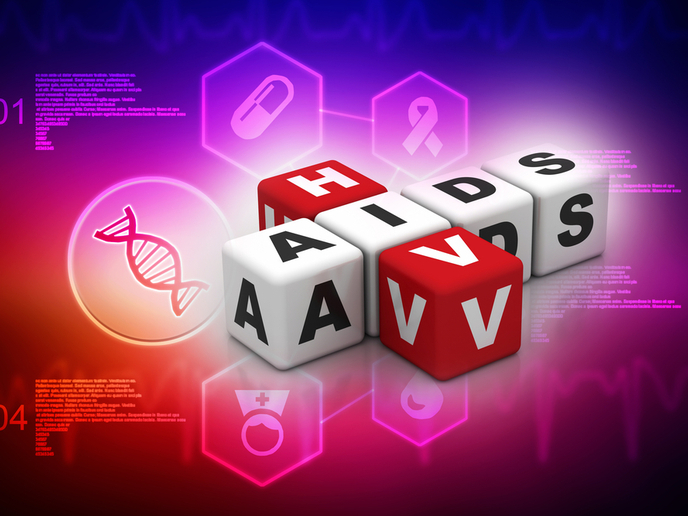Understanding the migration decisions of HIV-positive gay men
HIV rates continue to rise across Europe, particularly within the gay community. Despite new medical evidence that the virus cannot be transmitted when undergoing antiretroviral therapies(opens in new window), HIV-positive gay men still experience the combined effects of homophobia and HIV-related stigma. “For many, an HIV diagnosis represents a turning point in their lives – a chance to ‘seek a new life’ in cities that offer new opportunities in terms of jobs, friendship, love and self-esteem,” says Cesare Di Feliciantonio, a lecturer in Human Geography at Manchester Metropolitan University(opens in new window). The HIVGAYM (Analysing the migration choices of HIV-positive gay men in England and France) project, undertaken with the support of the Marie Skłodowska-Curie Actions, aims to better understand this correlation between becoming HIV-positive and deciding to migrate. Led by Di Feliciantonio and Gavin Brown, a professor at the University of Leicester(opens in new window), the project is shedding new light on how the stigmatisation of being HIV-positive and gay impacts one’s life choices. They analysed what policymakers can do to improve the well-being of these individuals.
A qualitative approach
The goal of the project was to uncover the many factors that contribute to an HIV-positive gay man’s decision to migrate to and remain in a specific place. The study stands out in that it compares participants from different ‘HIV generations’. This includes: those who got HIV in the 1980s, when such a diagnosis was a ‘death sentence’; those who were diagnosed between the mid-1990s and mid-2000s, when the first effective therapies began to emerge; and those who became HIV-positive after 2008, following the launch of nearly side-effect-free treatments. The study also compared evidence between England and Italy, two countries with different welfare systems, and between cities with different profiles in terms of economic attractiveness, gay visibility and HIV diffusion (Bologna, Milan, Leicester, London and Manchester). To collect evidence, researchers used such qualitative methods as an online survey, interviews and discourse analysis. “Due to the stigma attached to the subject matter, recruiting participants proved challenging – especially in Bologna and Leicester,” explains Brown. “To overcome this challenge, we relied on the support of local groups and organisations.”
The first in a series of research projects
This research showed that age does not seem to play a significant role in one’s decision to move. “London seems to be a sort of ‘city of passage’ for almost all of our English participants, although the majority do not stay due to unaffordability,” remarks Di Feliciantonio. The study also showed that issues like healthcare, welfare benefits, pensions and work opportunities all impact migration decisions, especially for those over the age of 50. “Austerity and welfare reforms, especially in England, seem to dramatically impact the most vulnerable participants,” adds Brown. Researchers are currently working to fully analyse their collected data and prepare it for publication. Furthermore, they are seeking funding for a research project on discretion as a paradigm to frame same-sex sexual desire among men using online ‘hook-up’ apps. Di Feliciantonio has also prepared a large funding application for a study on ageing with HIV across different social groups. “Hopefully, the HIVGAYM project will be only the first of a series of collaborative research initiatives aimed at rethinking some of the key paradigms that have dominated the analysis of gay men’s lives in recent social science scholarship, as well as bringing HIV and sex itself back into the focus of human geographers,” concludes Di Feliciantonio.







